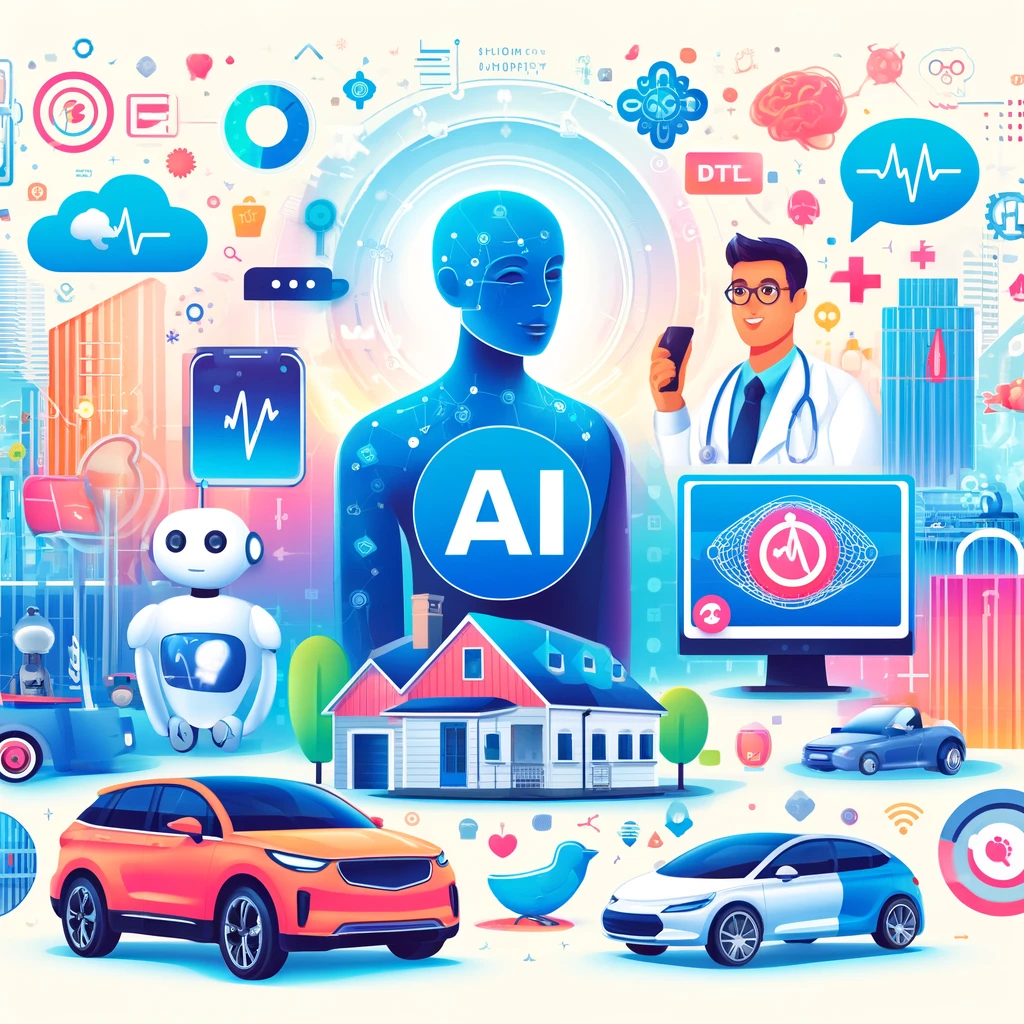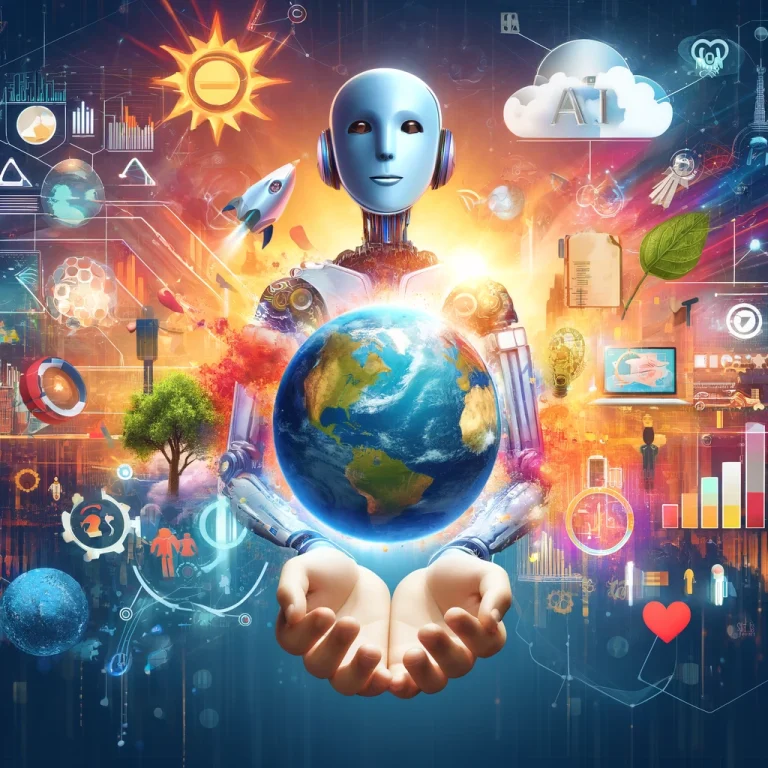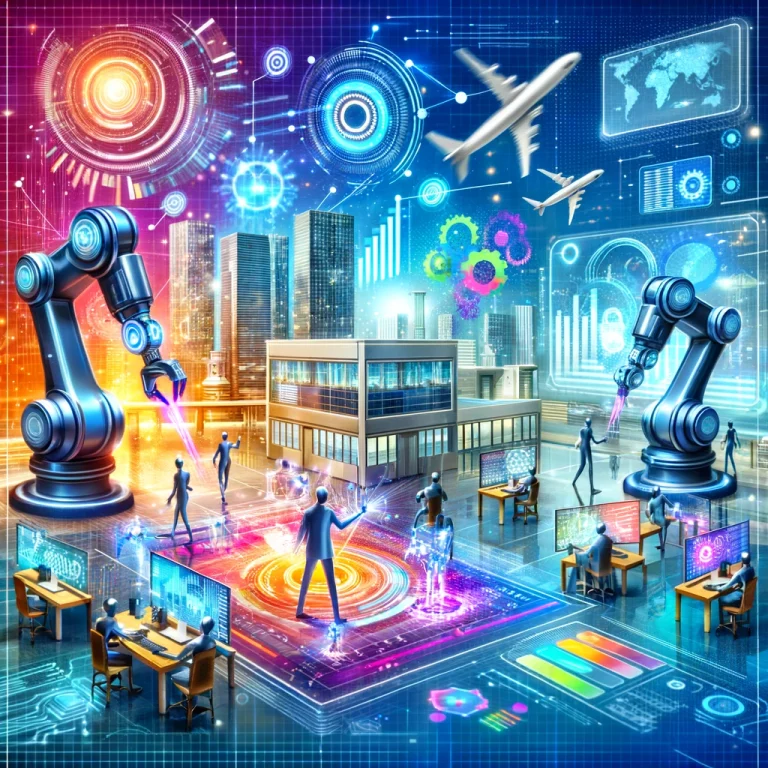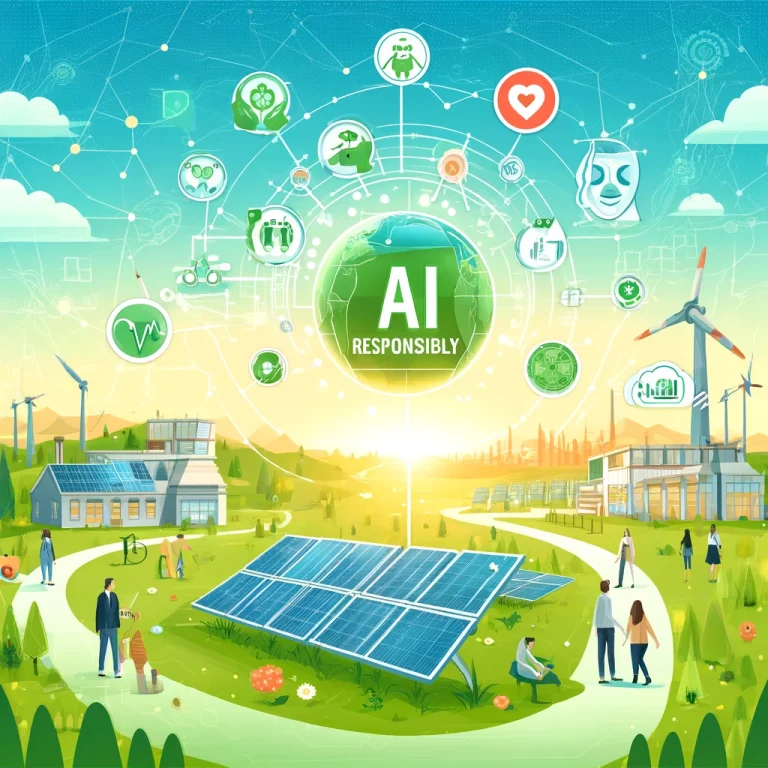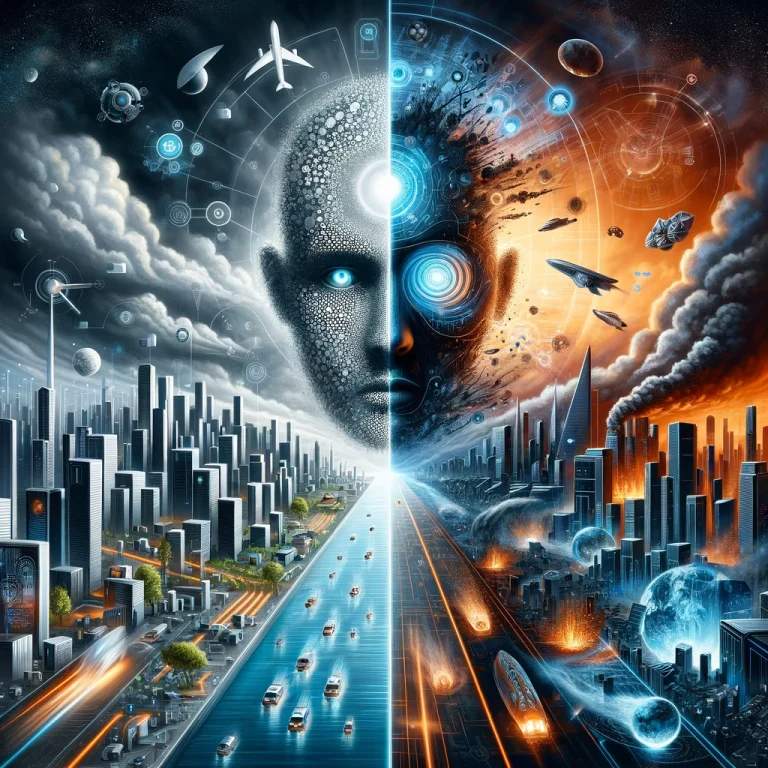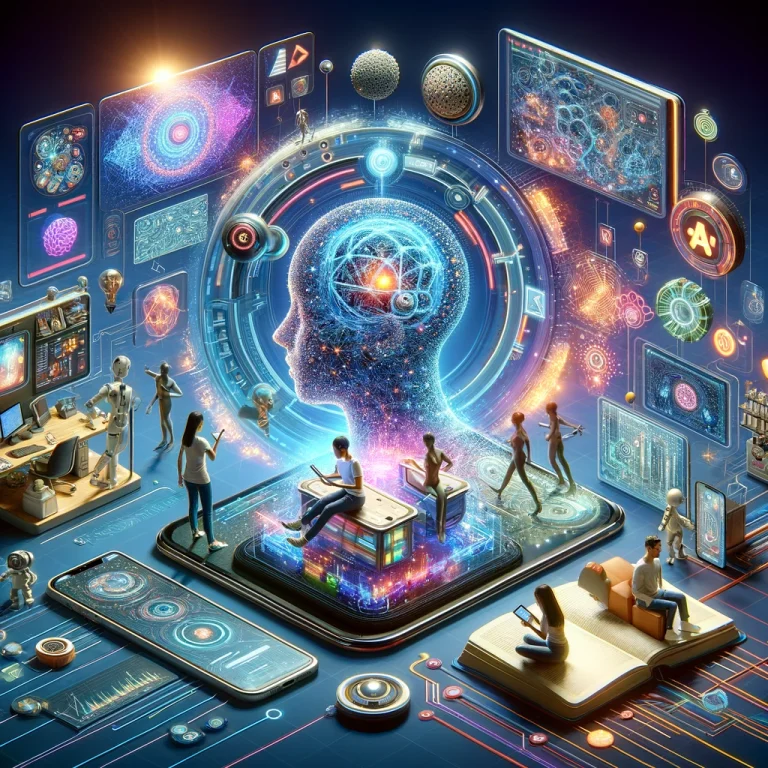AI in Everyday Life: Transforming How We Live, Work, and Play
Artificial intelligence (AI) is no longer confined to research labs and tech companies; it is now an integral part of our daily lives. This blog post explores how AI is transforming various aspects of everyday life, from our homes to our workplaces and beyond.
Smart Home Devices AI-powered smart home devices are making our lives more convenient and efficient. Examples include:
- Voice Assistants: Devices like Amazon Alexa, Google Home, and Apple Siri use AI to understand and respond to voice commands, helping with tasks like setting reminders, controlling smart home devices, and providing information.
- Smart Thermostats: AI-powered thermostats, such as the Nest Learning Thermostat, learn users’ preferences and habits to optimize heating and cooling, saving energy and reducing costs.
- Security Systems: AI-driven security cameras and doorbells, like Ring and Arlo, offer features like facial recognition, motion detection, and real-time alerts, enhancing home security.
AI in Healthcare AI is revolutionizing healthcare by improving diagnostics, personalized medicine, and patient care. Key applications include:
- Diagnostic Tools: AI algorithms can analyze medical images, such as X-rays and MRIs, to detect diseases with high accuracy. For example, AI systems developed by Google Health and Zebra Medical Vision are used to diagnose conditions early and accurately.
- Personalized Medicine: AI helps create personalized treatment plans based on an individual’s genetic makeup, lifestyle, and environment. Companies like Tempus and IBM Watson Health are pioneering personalized medicine using AI.
AI in Transportation AI is making transportation safer and more efficient. Applications include:
- Autonomous Vehicles: Companies like Tesla, Waymo, and Uber are developing self-driving cars that use AI to navigate and make real-time decisions.
- Traffic Management: AI systems optimize traffic flow in cities, reducing congestion and improving safety. For example, AI algorithms can adjust traffic light timings based on real-time traffic conditions.
AI in Finance The financial industry leverages AI to enhance services and security. Applications include:
- Fraud Detection: AI systems can analyze transaction patterns to detect and prevent fraudulent activities. Companies like Mastercard and Visa use AI to monitor transactions in real-time.
- Personalized Financial Advice: AI-driven platforms like Betterment and Wealthfront provide personalized investment advice and financial planning.
AI in Entertainment AI is transforming the entertainment industry by enhancing content creation and user experiences. Applications include:
- Content Recommendation: Streaming services like Netflix and Spotify use AI algorithms to recommend content based on user preferences and viewing/listening history.
- Game Development: AI is used to create more realistic and intelligent non-player characters (NPCs) in video games, providing a better gaming experience.
AI in Education AI is improving the education sector by personalizing learning and automating administrative tasks. Applications include:
- Personalized Learning: AI-powered platforms like Khan Academy and Coursera adapt to individual learning styles and provide customized content and feedback.
- Administrative Automation: AI tools help automate tasks like grading, scheduling, and student progress tracking, allowing educators to focus more on teaching.
Conclusion AI is deeply embedded in our daily lives, transforming how we live, work, and play. Its applications span across various sectors, from healthcare and transportation to finance and entertainment, enhancing efficiency, safety, and convenience. As AI technology continues to evolve, its impact on everyday life will only grow, making it essential to stay informed about these advancements.

